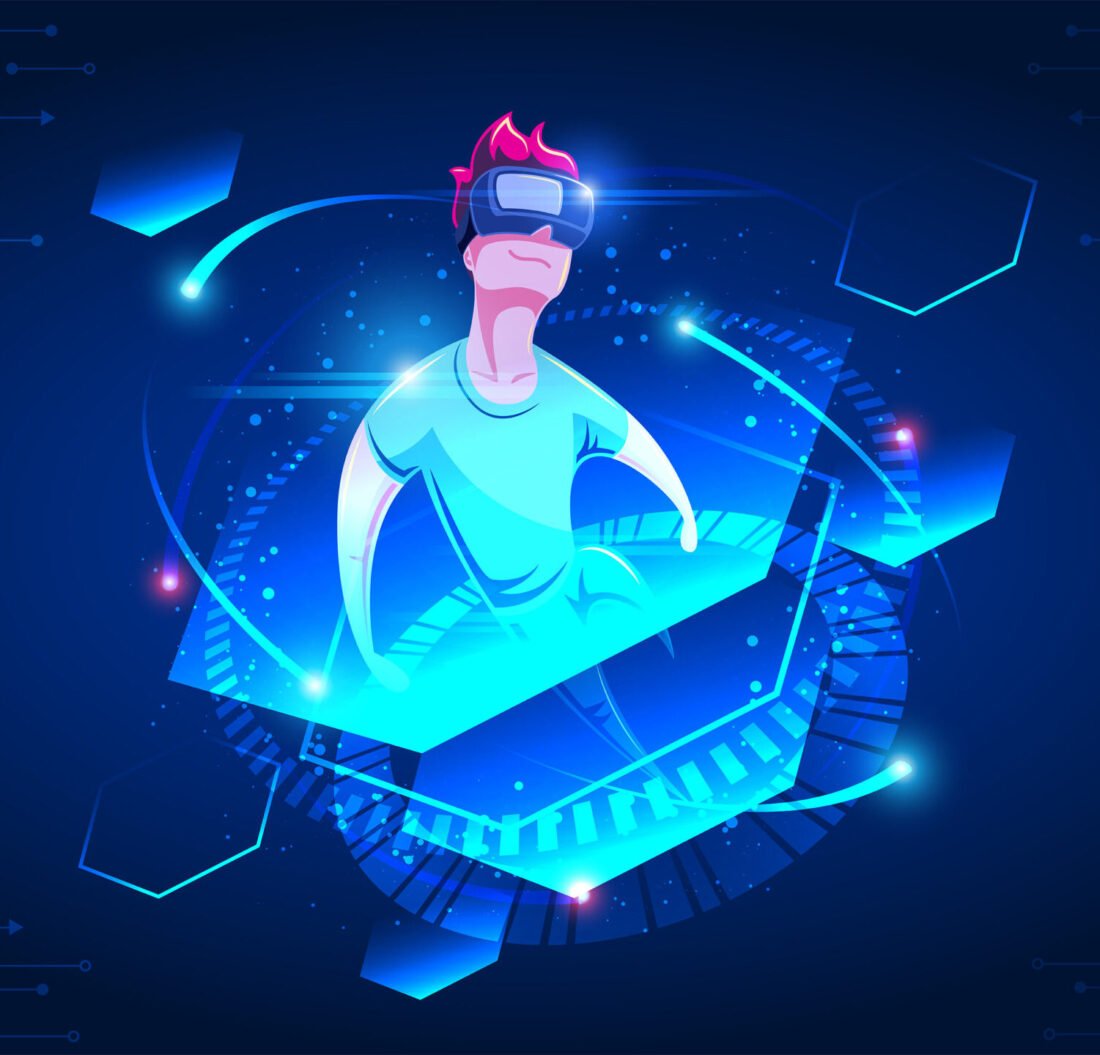Many companies are already experimenting with using virtual reality for training. A quick search for the term “VR training” shows plenty of companies offering some type of VR development services. Our newly established Jordanian company EuroTech is proud to say: “We can recreate any environment or product in a 3D virtual world that learners can interact with.”
Many organizations are already seeing the potential of virtual reality. For example, Finnish police departments use it to provide simulations of situations in which officers might be asked to use deadly force. Trainees say it provides a more realistic scenario than a typical shooting range. Finnish hospitals also use it to simulate potentially cumbersome medical operations and procedures. Meanwhile, NASA is using virtual reality to provide a rough approximation of one of the strangest parts of space travel – a spacewalk, in which an astronaut leaves the spacecraft to get outside, usually to make repairs. It’s impossible to adequately describe what people can expect on a spacewalk, but virtual reality helps prepare astronauts for the new environment, reducing the risk of mistakes. As stated in reports by the American Institute for Virtual Reality in Chicago, Illinois, USA.
All of these are examples of dangerous, out-of-the-ordinary scenarios that are difficult to replicate in real life. But virtual reality is also being deployed in “natural” situations as well. One of the most common examples is giant malls. They’ve started using virtual reality to help employees improve their customer service skills, which is especially useful to prepare for once-a-year events like Black Friday, with a frenzy of crazy shoppers trying to shop until they fail. A Finnish restaurant chain is using virtual reality to train new employees by presenting a representation of one of their typical locations, with workers performing their tasks and the founder explaining their values. Both companies say that using VR increases participant retention and engagement.
Obviously, VR training is great for helping employees learn skills in practical environments. Question: Can it also work for traditional training course? One of the advantages offered by the Jordanian company EuroTech for virtual reality is that the trainee only has to record his performance once. Hundreds of employees can achieve the equivalent virtually and every time he can provide the same level of training. Imagine if a coach could do the same. No more days off, with the same consistently high quality of teaching.
Virtual reality can also be used to mimic a classroom environment for those who are unable to attend a classroom course, or are unable to secure an internship, but would like to experience its benefits. Virtual classrooms are popular among training providers, but currently the “classroom” aspect is the ability for students and the trainer to communicate. What if virtual classrooms were just a classroom environment, complete with virtual desks and chairs, where you could learn just as you would during face-to-face training? This is what was recently introduced in Jordan and the Arab world by Finnish EuroTech.
However, when you’re using VR technology that can simulate almost any environment, would you really choose something as standard as a classroom? Project management training can include an actual project office environment. Health and safety training can simulate potentially hazardous work situations without any actual danger.
VR training still has a long way to go to reach mass adoption. Complete systems like those used by aviation training companies and doctors, with multiple screens surrounding the user, are very expensive. Consumer VR systems like Oculus Rift, PICO, HTC or headsets created by phone companies like Samsung and Google are becoming more accessible, but many users experience motion sickness while using them, making it impossible to use them for longer than 30 minutes. As a result, many VR programs are currently limited to little more than short technical demonstrations. But with companies announcing good results from their experiments with virtual reality, it is clear that more and more workplaces will seek to include it as part of their training programs, such as the Jordanian Eurotech, which is based in Building 23A, Al-Sha’b St., Hussein Business Park, Building 23A, Amman 11811 Jordan (Eurotech.jo).

